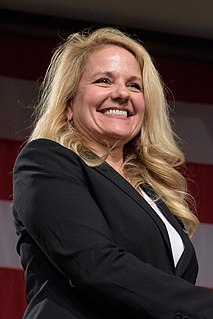A Quote by Shashi Tharoor
Resolutions aren't self-executing. Somebody has to provide the soldiers, take the risks, risk their blood and their treasure to go out and implement such a resolution.
Related Quotes
The thing is doing it, that's what it's all about. Not in the results of it. After all what is a risk? It's a risk not to take risks. Otherwise, you can go stale and repeat yourself. I don't feel like a person who takes risks. Yet there's something within me that must provoke controversy because I find it wherever I go. Anybody who cares about what he does takes risks.
To laugh is to risk appearing a fool. To weep is to risk appearing sentimental. To reach out to another is to risk involvement. To expose feelings is to risk exposing your true self. To place your ideas and dreams before a crowd is to risk their loss. To love is to risk not being loved in return. To hope is to risk pain. To try is to risk failure. But risks must be taken, because the greatest hazard in life is to risk nothing.
Unlike return, however, risk is no more quantifiable at the end of an investment that it was at its beginning. Risk simply cannot be described by a single number. Intuitively we understand that risk varies from investment to investment: a government bond is not as risky as the stock of a high-technology company. But investments do not provide information about their risks the way food packages provide nutritional data.
I think people in general don't take enough risks. Some people feel that before they can take on that next challenge they need to be 100 percent ready. It's just not true. Even people in their jobs aren't perfect at their jobs. So my biggest advice to people is to step out there. Take the risk and deal with it. What is the worst that could happen? It's about thriving on risk instead of shrinking from risk.
When large companies take on risk, then they impose risks on the rest of the system. And these are systemic risks and these systemic risks we never used to think were really that important, but as soon as we recognize how the financial sector - the risks the financial sector takes on can impact the entire global economy, we realize that those risks needed to be controlled for the social good.
If the United States has to accept the U.N. resolutions, we have to generalize it across the board. We can't just pick and choose where we impose and accept the U.N. resolution and don't accept them. U.N. Resolution 242 is very clear and states very clearly that Israel has to go back to the borders of the pre-war of 1967.




































